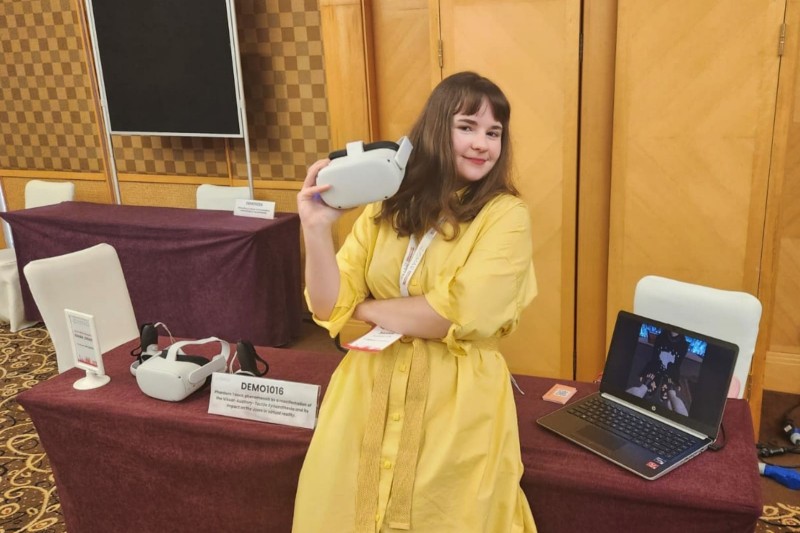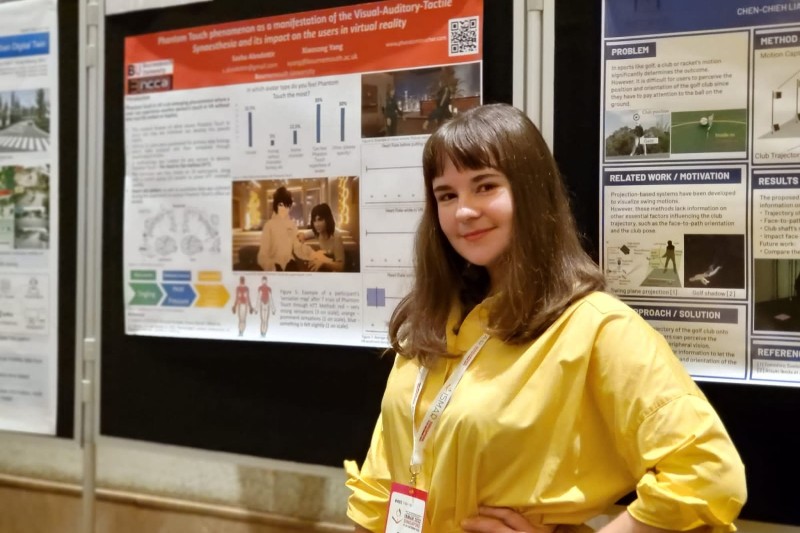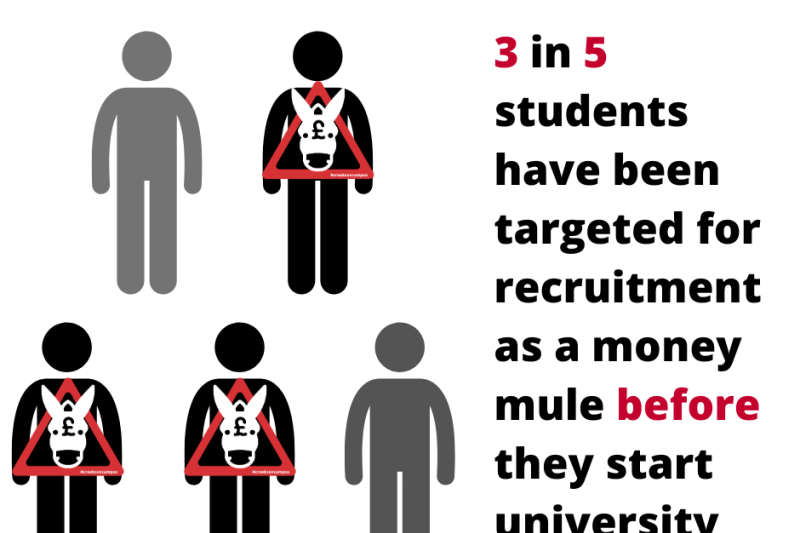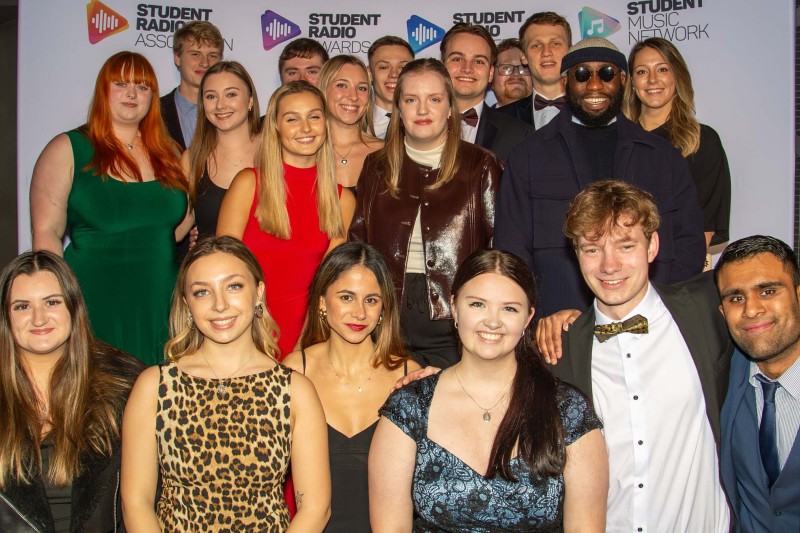
PhD student Sasha Alexdottir is developing new ways for people to shake each other’s hands or hug family members in a virtual environment, even when they could be on opposite sides of the world.
The “Phantom Touch in VR phenomena” is the ability to feel another person’s touch in virtual reality without any haptic devices - such as vibrating handsets - or physical contact.
In her recently published study, Sasha developed a method people can use to generate a sense of touch in the virtual world. She has also discovered what potential effects phantom touch could have on people, what parts of the body are most likely to feel these sensations and how individuals could experience them.
“Sometimes we forget how important ‘touch’ is in our day to day lives,” Sasha explained. “I want to innovate in virtual reality, to make a better reality for all,” she added.
As part of her research, Sasha worked with volunteers in the virtual reality platform VRChat to develop the “Head-to-Toe” methodology, a series of interactions between two users which was successful in evoking phantom touch.
In October last year, she presented the research in Singapore at the IEEE International Symposium on Mixed and Augmented Reality, ISMAR 2022 – one of the world’s leading conferences for Virtual and Augmented Reality.

At the conference, she presented her work as a poster and in demonstrations so other researchers and professionals from the VR industry - including Meta, Microsoft, Singapore start-up companies, and many others - could try phantom touch for themselves.
The following month, Sasha was invited to the conference for Virtual & Augmented Reality Technology-Enhanced Learning in Johannesburg, South Africa.
There, she gave a presentation on the potential use of phantom touch in the education field, and won the Best Presentation award. Later, Sasha received an invitation to write a chapter on her research into that subject for the book “Metaverse and Application”, which will be published by Springer, a leading global scientific, technical and medical ebook portfolio.
In her ongoing PhD she is looking closer into the phantom touch in VR phenomenon, aiming to discover new ways to evoke touch sensations in VR and find out what psychological and physiological factors induce and intensify it. She will also look at how her findings can be applied in various fields, such as the Metaverse, mental health treatment, social VR games, long distance relationships, rehabilitation and more.
“I truly believe Phantom Touch in VR could be life changing for many people, I am passionate to discover more on how to better connect people in virtual reality,” Sasha said.
“I am very grateful to my supervisors – Xiaosong Yang, Xun He and Zhidong Xiao, who have been very supportive towards my research, motivating me to achieve the highest possible results. I am also very thankful to Bournemouth University for providing me with opportunities and facilities to enhance my studies.”
You can find out more about Sasha’s research at www.phantomtouchvr.com or email directly at [email protected]



